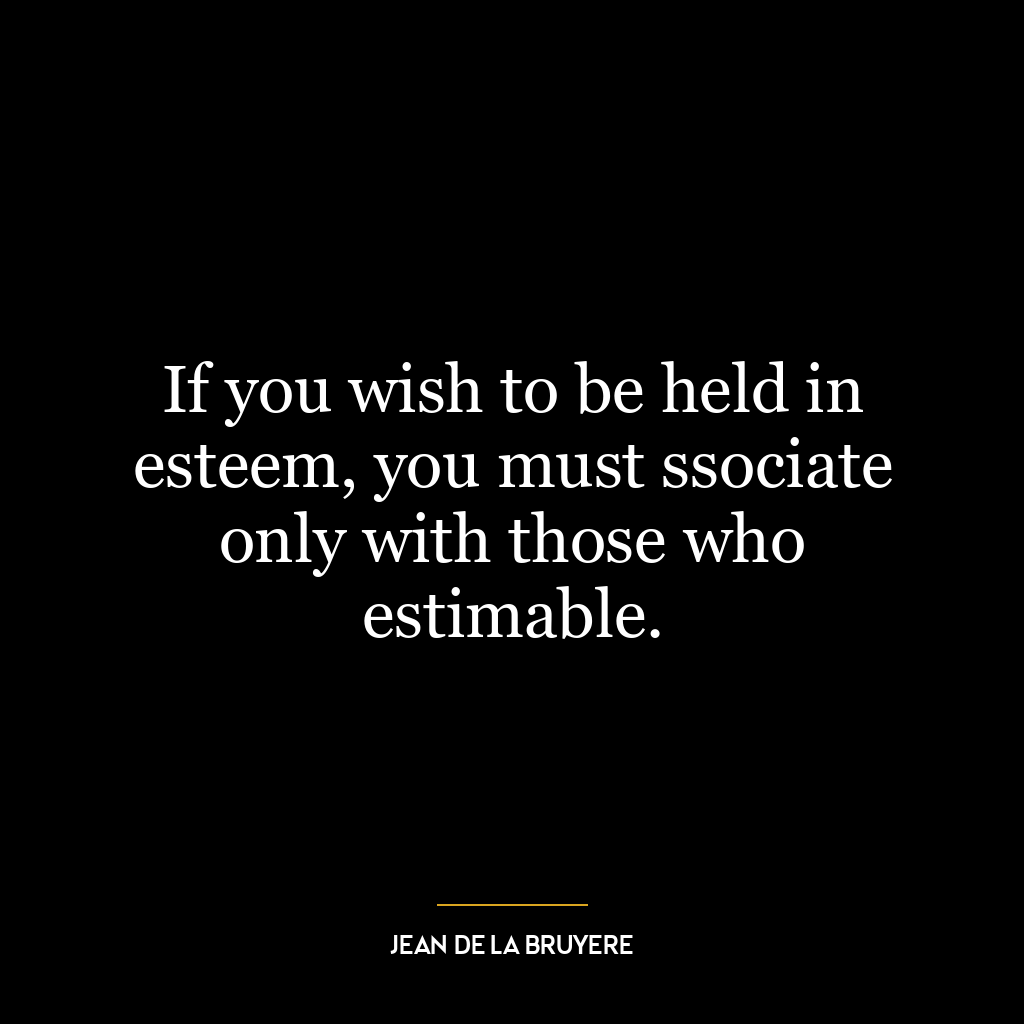The virtuous will be sure to speak uprightly; but those whose speech is upright may not be virtuous.
This quote delves into the intricate relationship between virtue and honesty. The first part of the quote suggests that those who are virtuous, those who live morally and ethically, will naturally speak truthfully. This is because honesty is a fundamental part of living a virtuous life.
However, the second part of the quote presents an interesting twist. Just because someone speaks truthfully, it does not necessarily mean they are virtuous. It highlights the complexity of virtue, suggesting that it is more than just honesty. Virtue encompasses a wide range of moral and ethical qualities such as compassion, integrity, courage, and humility. Therefore, while honesty can be a sign of virtue, it is not the only determining factor.
Applying this to today’s world, we often see people who appear to be honest, straightforward, and transparent, especially in the public sphere. They may speak the truth, but that doesn’t automatically make them virtuous. Their actions, their attitudes towards others, and their underlying motivations also need to be considered.
In terms of personal development, this quote serves as a reminder to strive for a comprehensive understanding and practice of virtue. It’s not enough to just be honest. We should also cultivate other moral and ethical qualities such as kindness, empathy, and humility. At the same time, we should be discerning and not hastily judge others’ virtue based solely on their honesty.








